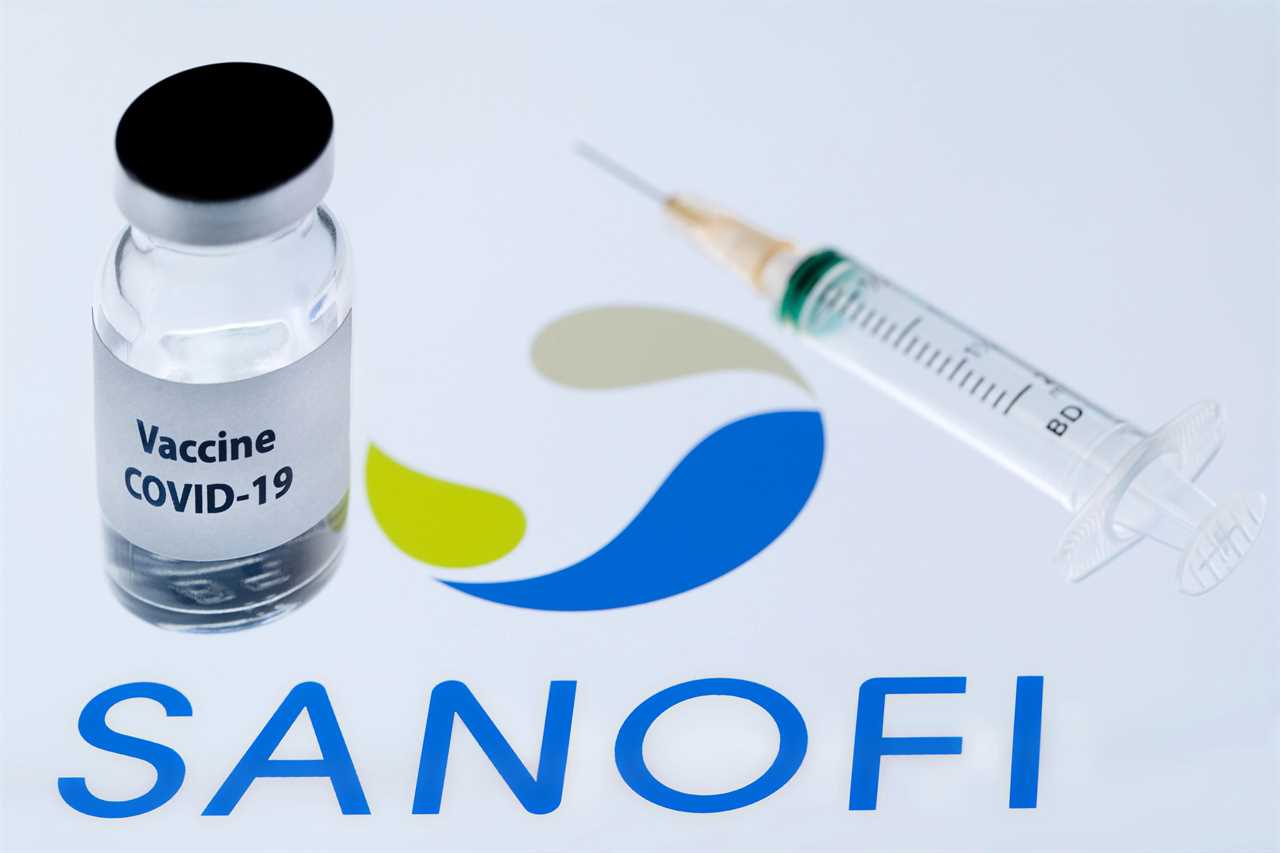SANOFI’S Covid vaccine has flopped at the first hurdle.
The elderly did not produce a strong immune response to the vaccine in early trials.

In theory this would mean they would not be protected from disease.
But scientists believe they will be able to improve the formula and try again.
It’s likely to push back the final results of trials until the end of 2021, after being expected in the first half of the year.
The Department for Business, Energy and Industrial Strategy previously said the jab could be given to high-risk Britons as early as the first half of next year, if it passes trials.
There are high hopes for the Sanofi vaccine, developed in partnership with the drug giant GSK.
The companies have the largest manufacturing capabilities in the world, and claim to be able to produce one billion doses a year.
The UK secured a deal for 60 million doses in July, enough for half the population, rumoured to cost £500 million.
At this point, ministers had no idea if any Covid candidate would work, but appeared to place bets on the Sanofi one.
Therefore the delay will come as a huge blow in the fight against the deadly virus.
However, Covid vaccination is now well underway in the UK, after the Pfizer/BioNTech jab started to be given out at NHS hospitals.
“Low response” in elderly
Results announced by Sanofi/GSK on Friday showed “a low immune response in older adults “.
The elderly are the most at risk of severe Covid-19 and death, and so it is crucial scientists work to find one that can protect them.
Adults aged 18 to 29 years old did show a response to the vaccine, however.
Scientists said it was not a surprise that the vaccine didn’t work in the older groups because their immune system is slower, and therefore needs a higher dose to work.






